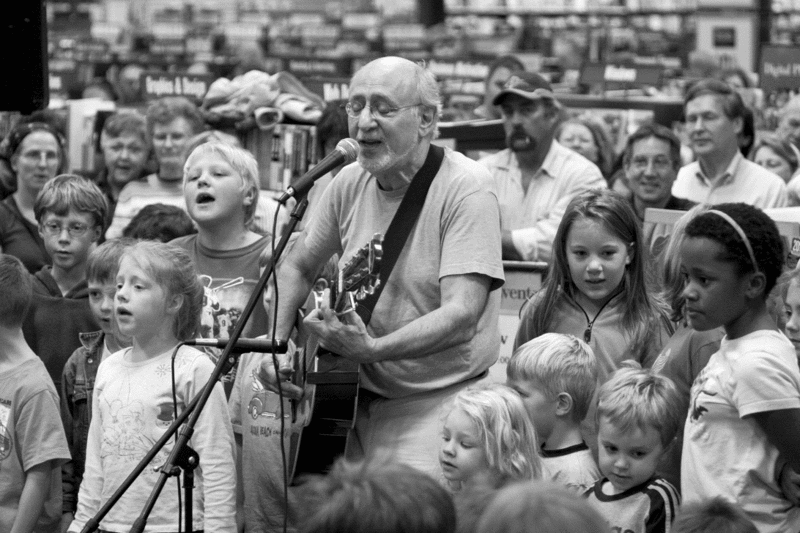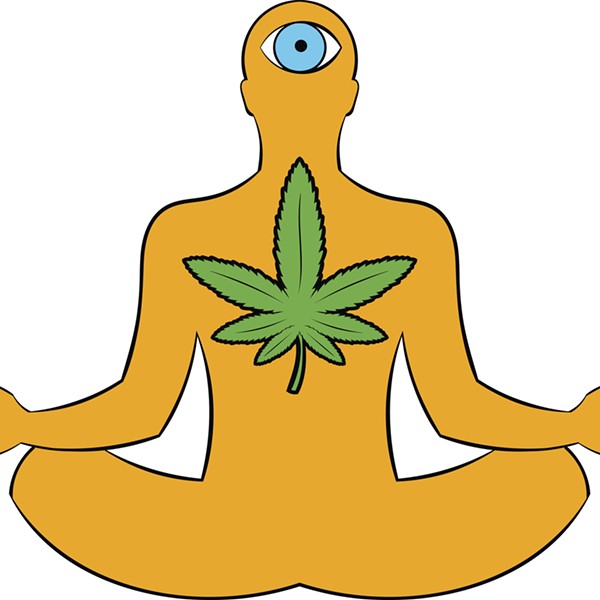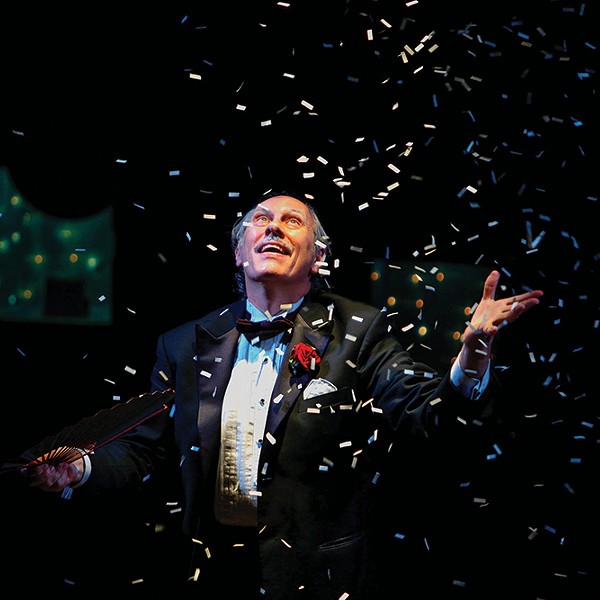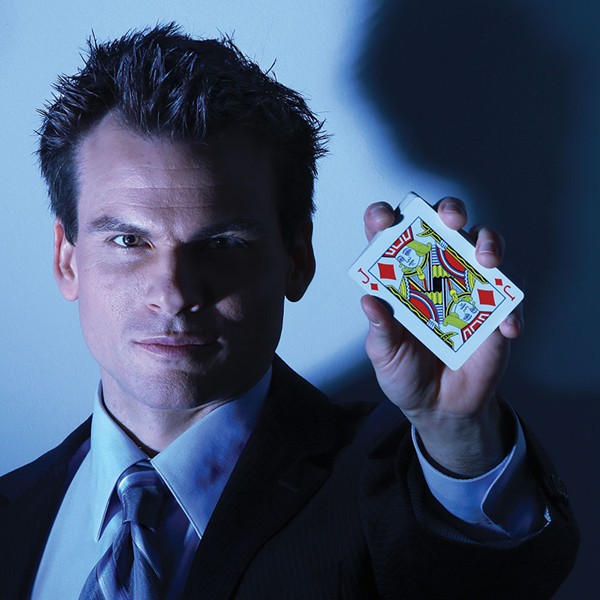“It was probably the FBI,” jokes Peter Yarrow, explaining that upon returning to his New York City apartment, he found a mysteriously overflowed toilet, which delayed his return phone call to me. He is affable and genuinely apologetic, demonstrating his belief that everyone has feet of clay, stuff happens, and to apologize is to create an aura of mutual respect, allowing for progress.
Although best known as one-third of trailblazing folk trio Peter, Paul, and Mary, Yarrow has a resume featuring a staggering amount of work done for causes that run the gamut from civil rights to the peace movement, to education, and now to a top-selling illustrated children’s book version of his best-known song—“Puff the Magic Dragon.”
The book features an accompanying CD on which Yarrow and his daughter Bethany Yarrow, a vocalist, and her husband Rufus Cappodocia, a master cellist, re-recorded both vocal and instrumental versions of “Puff,” as well as the ancient folk chestnuts “Blue Tail Fly” and “Froggie Went a-Courtin’.” The newly-minted group of Peter, Bethany, and Rufus also has released a full-length CD Puff & Other Family Classics, 11 traditional songs focused through a new lens. Although pushing 70, Yarrow is hitting the road with gusto, intending to use this music—in particular the strange power that the wistful “Puff” has on both toddlers and septuagenarians—to bring people together. Yarrow will perform and sign copies of Puff the Magic Dragon (book with CD) and Puff and & Other Family Classics (CD) on Saturday January 19 at 2pm at the Barnes & Noble on Rt. 9W in Kingston.
Robert Burke Warren: What are these performances/book signings like?
Peter Yarrow: It’s turned into an entity of its own. I sing and we get a sense of community firmly established, and the kids roam the stage and sing “Puff” with me, then I say hello to people. But it’s not just about singing. The feeling that we have is what we miss so much in the country: Feeling like we are a community. [These performances] are equally as special as playing at Carnegie Hall.
When you brought “Puff” (co-written by Yarrow’s school buddy Lenny Lipton) to Mary Travers and Paul Stookey in 1962, how did it go over? Did anyone have any idea it would become a standard?
We were just getting our wings at the time. I don’t remember ever bringing a song to the group where we spontaneously broke out the champagne.
The way in which people incorporate “Puff” into their lives is an evolving revelation. Its significance is not confined to the lyrics and music; it’s really more a matter of the ethos of the times that it represents, what it brings back to people who lived it or what it brings to kids who see what it means to their parents or grandparents.
The people who first learned it were not kids. It wasn’t a kids’ song at all in their world.
Yes. In folk music there isn’t such a strong line between kids’ music and adult music. On the accompanying CD you do “Blue Tail Fly” and “Froggie Went a-Courtin’” which, like “Puff,” have dark elements to them.
“Blue Tail Fly” is about slaves making fun of their masters.
The end of “Puff” is so sad [although the book adds some lighter illustrations to leaven the sorrow]. Has anyone ever advised you to alter the ending of “Puff?”
Oh my goodness, there have been at least a hundred people who have written to me with different endings. But the unanimity of grieving, of yearning, of sadness, is as powerful and as necessary a part of our lives as rejoicing and celebrating at a wedding or a football game. The inability of people to be emotionally open to one another is a grave dilemma in our world.
There’s a community formed around a sensibility, and we are not in touch with those things that bind us together in this country. We were badly fragmented after the Vietnam War, in a state of denial. There was no national call to look at ourselves. A great human being is not a human being who hides from those acknowledgments. A great nation is not a nation that hides from that.
The mechanism for finding our hearts again will of necessity involve children who can break the cycle of denial and open their hearts to others and not bully one another.
Tell me a little more about your nonprofit educational initiative Operation Respect, and how it incorporates music in school curricula.
There’s a website—www.operationrespect.org. We’re in 22,000 schools, we’re in Hong Kong, Croatia, China. We’ve created United Voices For Education, which is 42 educational organizations joining efforts to create a paradigm that is distinct from the No Child Left Behind perspective, and music is a big part of it. The narrowing of the curriculum through NCLB is highly dangerous and destructive to children’s development and to democracy. You can’t have an electorate making informed decisions if they’re technocrats. They have to have a heart, they have to be able to feel. Songs like “Puff” foster that.
So it was your work with Operation Respect that led to you wanting to do the book and the Peter, Bethany & Rufus CD?
Yes. That, in conjunction with the idea that there was a fresh contemporary groove perspective on these old songs—through Bethany and Rufus [a music-making team in their own right, with highly regarded world/folk music CDs and performances to their credit] who have put something new and vital into it. That was the musical key to my enthusiasm and that makes it an intergenerational statement that has a different kind of legs than if I just produced the same-old, same-old.
Is this the most touring you’ve done in while?
Yes. But of all the times that music is needed, it’s needed now. That’s part of why this is so exciting to me. Because singing together is primarily wonderful joyous fun, but it is also ultimately a political act, because it breaks down barriers between people and lets people find common ground.

















